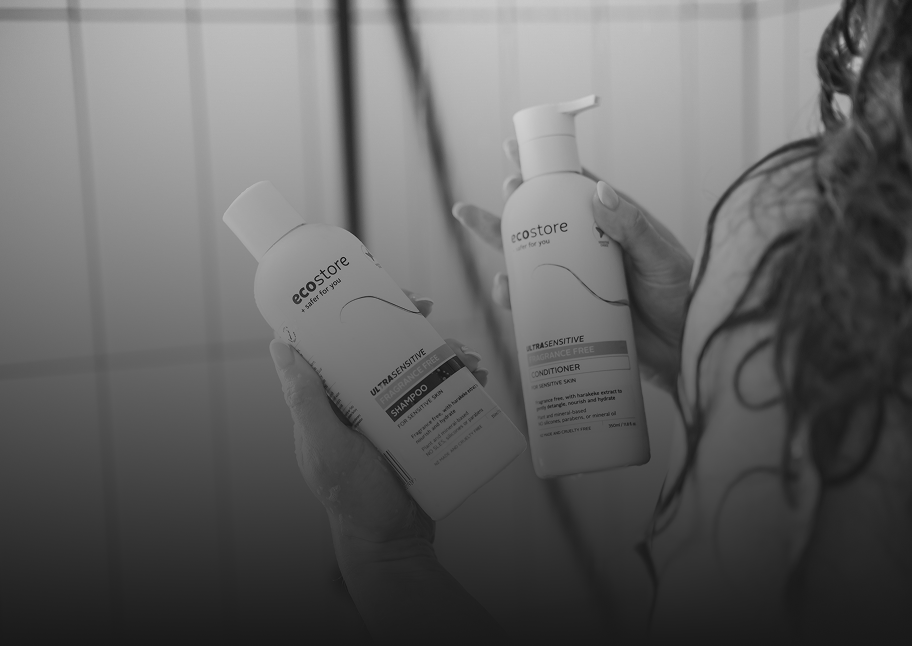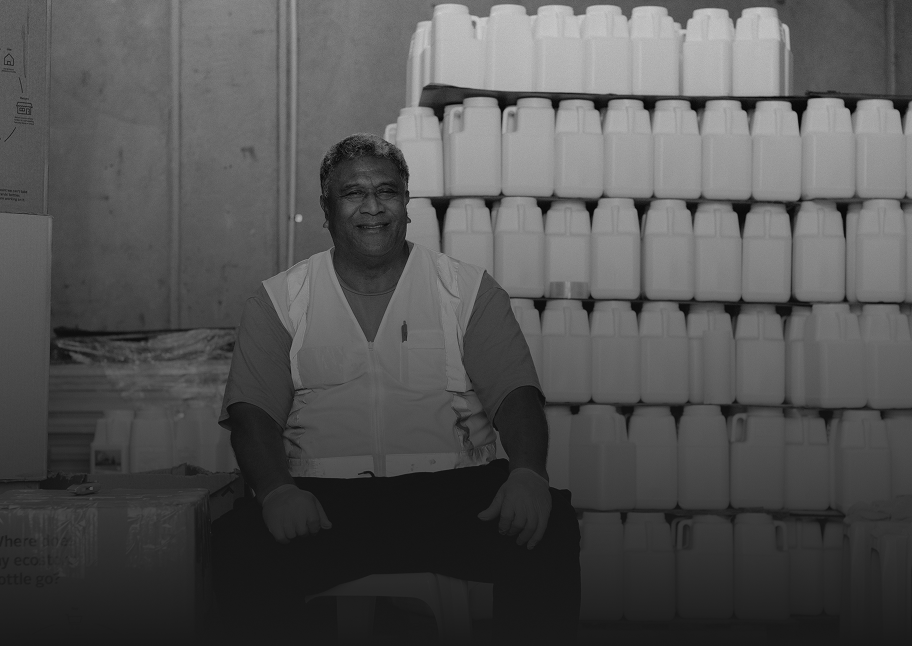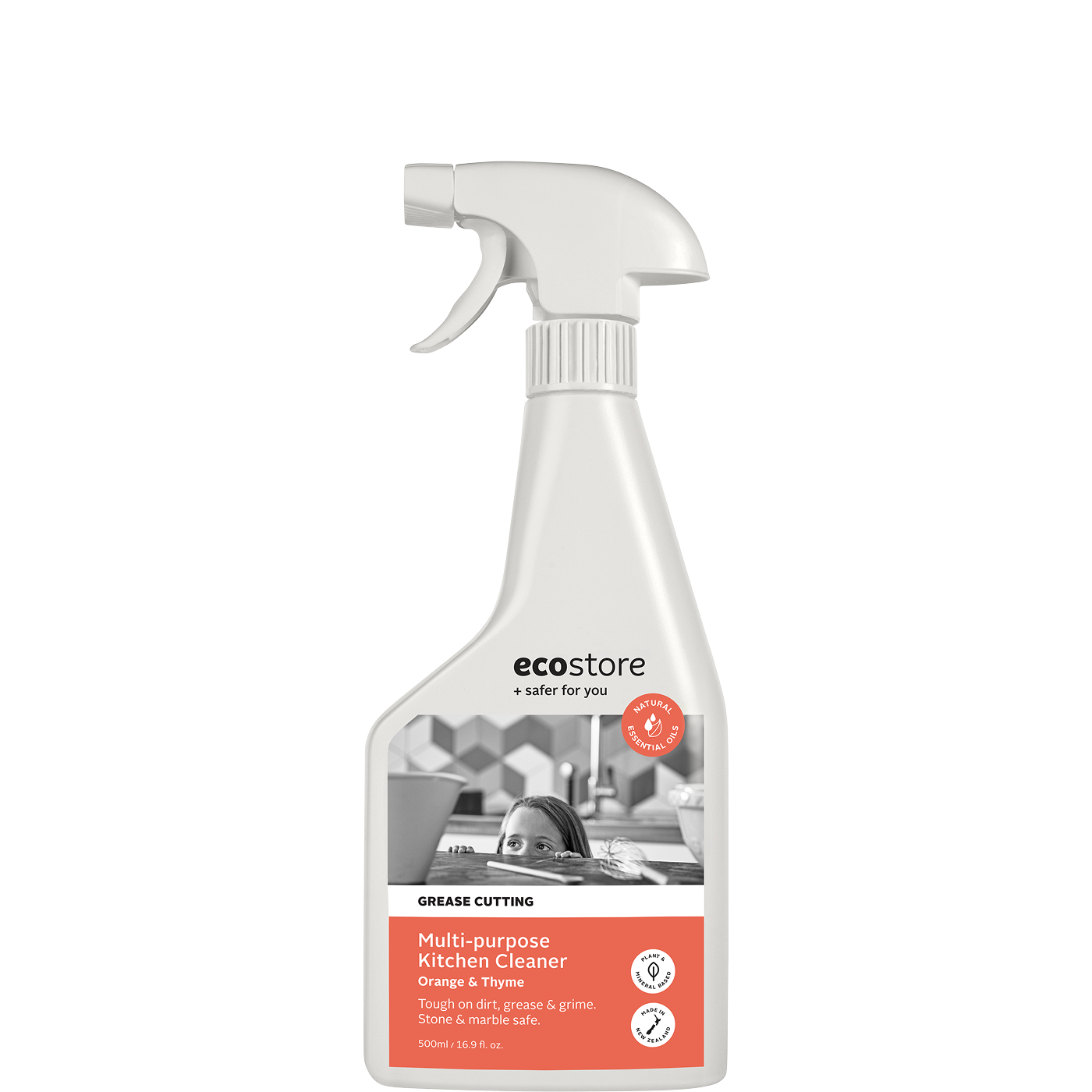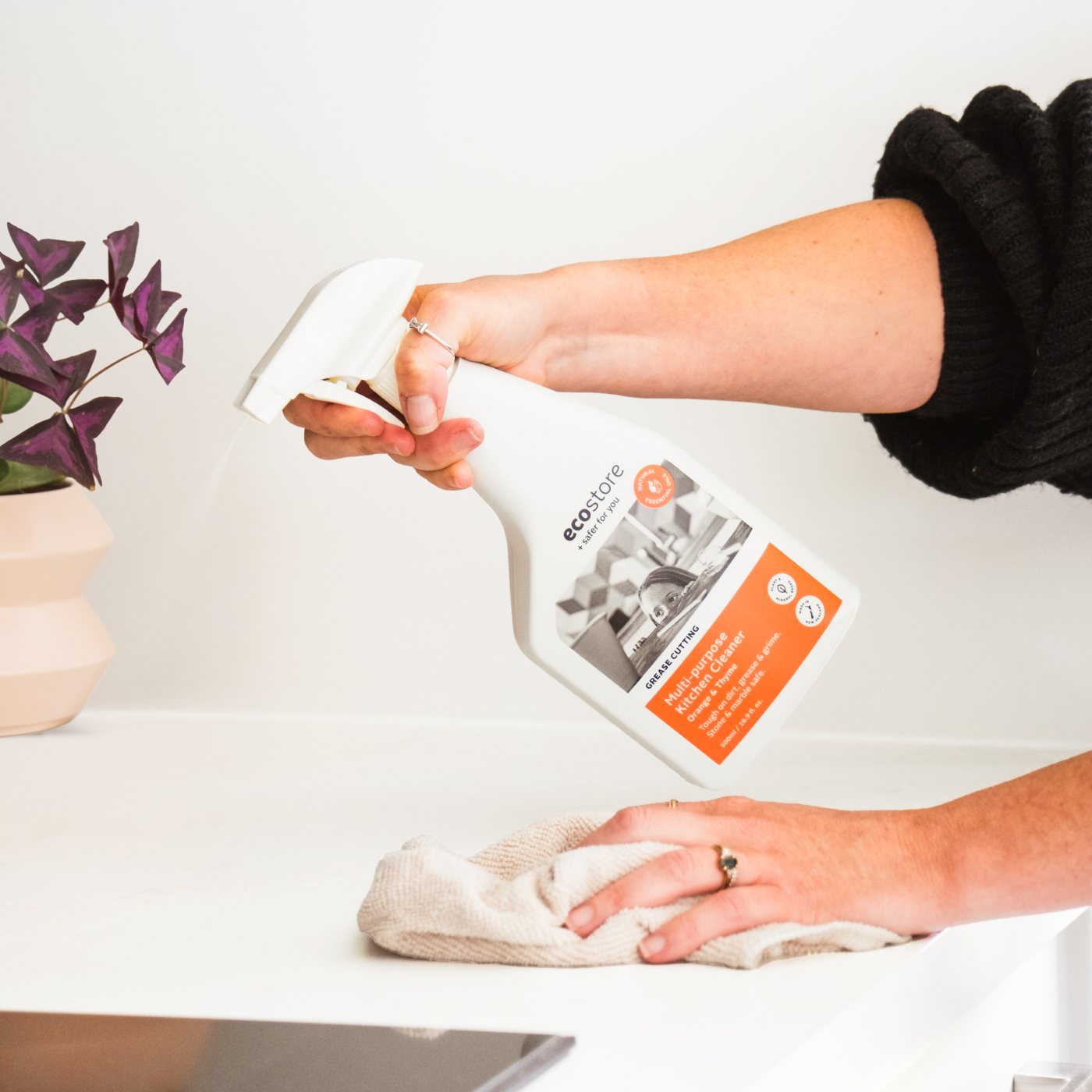I once heard the average woman puts hundreds of synthetic chemicals on her skin every day, simply through the body products she uses.
The skin - it's our largest organ. And a pretty darn absorbent one. Science was never my forte, but I find those sorts of facts and figures pretty scary.
Armed with this insight, a daughter with eczema and a husband with dermatitis, I set off on a journey to reduce the toxic load we were placing on our bodies. Starting with the products we used on our skin, I began questioning what we really needed. Turns out that plethora of promises in jars and vials, cluttering the bathroom drawers, weren't really necessary. In fact we could live with a lot less - and I didn't even have to ‘let myself go' in the process.
After simplifying the steps in our body care regime, I looked at what the products we were still using contained. When you first start trying to understand ingredients it can feel pretty overwhelming. I've found if you stick with avoiding phthalates, parabens and synthetic perfumes, you're on the right track. Once you find a brand that is committed to avoiding these nasties, (like ecostore's Ultra Sensitive range) you're onto a winner.
Find out which skin-irritating ingredients to avoid if you have sensitive skin.
Being more conscious of the products you use on your skin puts a significant dent in reducing your body's toxic load. You can take it up a notch by drinking lots of water and getting a sweat on with regular exercise. Adding some plant life to your home and workplace will also help filter synthetic chemicals out of the air - and they look pretty damn cool too.
Reducing your use of synthetic chemicals is better for your own wellbeing, and also has the added benefit of being better for our planet's wellbeing too. I love it when that happens.
-----
This is part two of Nic Turner's three-part series for spring cleaning your life. Check out part one here.
Nic Turner is the Founder and Behaviour Changer at Mainstream Green™. A converted minimalist and aspiring zero waster, Nic's all about creating a ‘Greenfulness™ movement' - where we're mindful about what we buy, and empowered to make simple changes that have a big impact.
Read more

Eczema, also known as atopic dermatitis, is a condition where patches of the skin can become itchy, dry or scaly. In New Zealand it's particularly common among our young people, occurring in 15% of...

Eczema, also known as atopic dermatitis, is a condition where patches of the skin can become itchy, dry or scaly. In New Zealand it's particularly common among our young people, occurring in 15% of...






